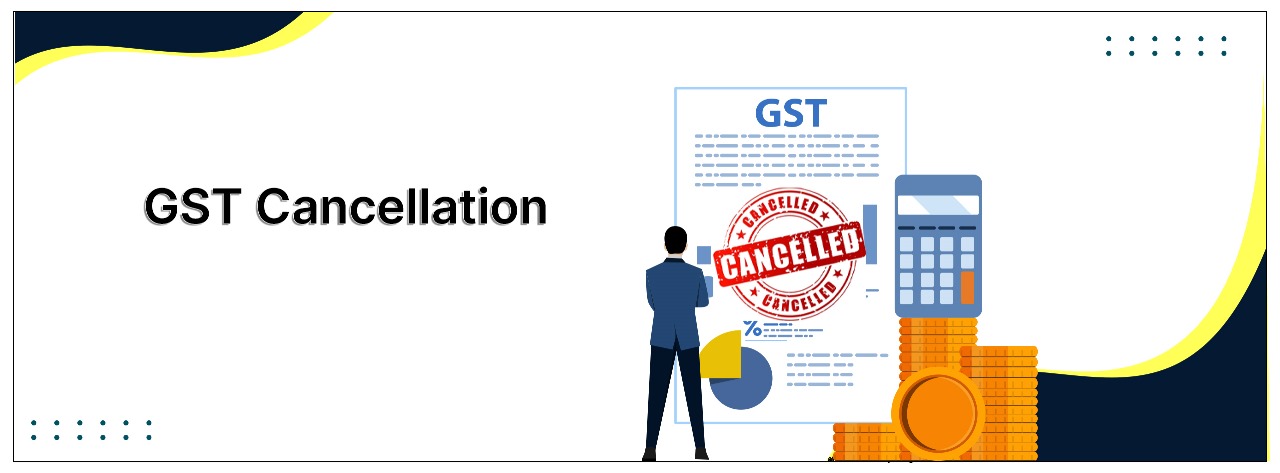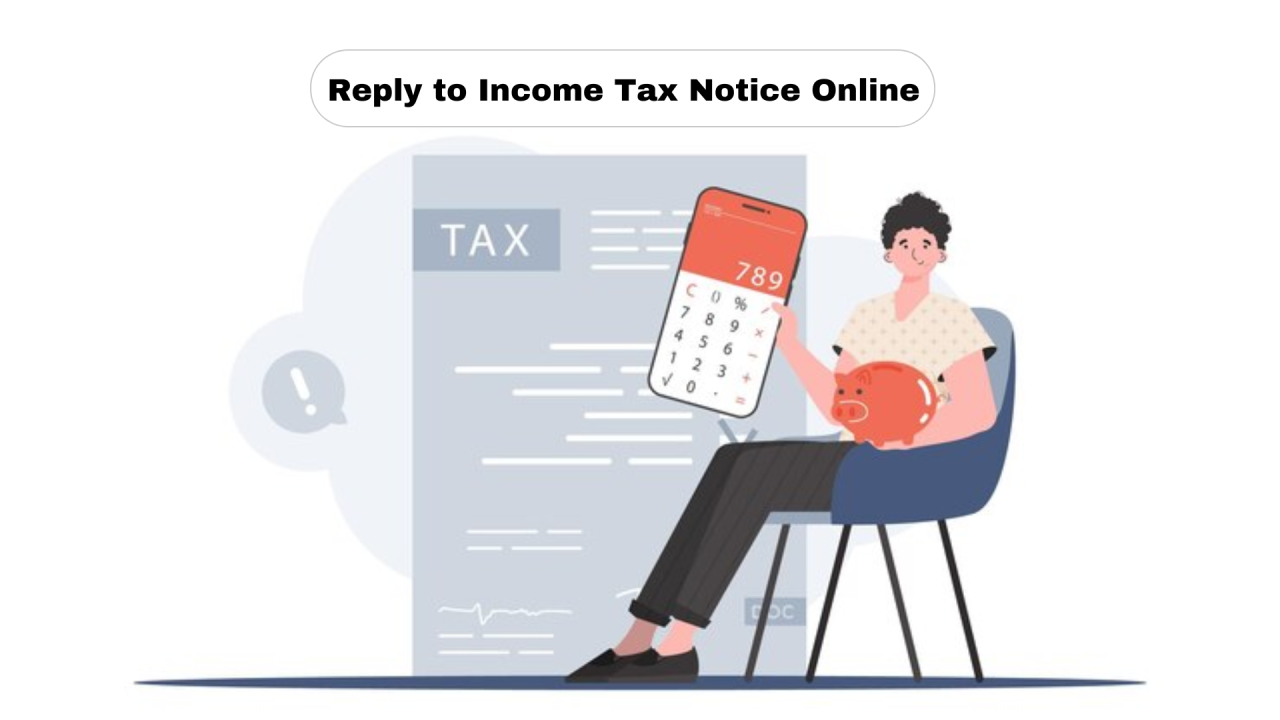How To Cancel GST Registration Online?

Strong 8k brings an ultra-HD IPTV experience to your living room and your pocket.
Goods and Services Tax (GST) registration is mandatory for businesses that exceed the prescribed turnover limits or fall under specific categories requiring compulsory registration. However, there are certain scenarios where a business may need to cancel its GST registration. This guide provides a comprehensive overview of when and how to cancel GST registration, who can initiate it, the process involved, and what follows post-cancellation.
What Does GST Registration Cancellation Mean?
GST Cancellation refers to the process through which a taxpayer’s GSTIN (Goods and Services Tax Identification Number) becomes inactive. Once cancelled, the entity is no longer considered a registered taxpayer under GST and is exempt from collecting GST, paying GST, or filing GST returns.
Who Can Initiate GST Cancellation?
GST registration may be cancelled by:
1. The Taxpayer (Voluntarily)
A registered person can apply for cancellation in situations such as:
Closure of business operations
Transfer of business through sale, merger, demerger, or disposal
Change in the constitution of the business (like conversion from sole proprietorship to partnership)
If the business no longer meets the criteria requiring mandatory GST registration
2. The GST Officer (Suo Moto Cancellation)
A tax officer has the authority to cancel GST registration if:
There is no business conducted at the declared location
Tax invoices are issued without actual supply of goods or services
Persistent non-compliance with GST laws (e.g., non-filing of returns)
Misuse of input tax credit (ITC)
Breach of Rule 86B, which limits ITC usage for high-value taxpayers
3. Migrated Taxpayers
Those who were automatically registered under GST during the transition from previous tax systems like VAT, Service Tax, or Central Excise, but do not meet GST criteria, can also opt for cancellation.
What Happens After GST Cancellation?
Here are the implications of a cancelled GST registration:
The taxpayer is no longer authorized to collect GST or claim ITC.
Continuation of business without valid GST registration (where it’s mandatory) may attract penalties and prosecution.
The taxpayer cannot file GST returns post-cancellation.
All tax liabilities up to the date of cancellation must be cleared.
Steps to Cancel GST Registration
For Migrated Taxpayers:
For Migrated Taxpayers:
- Log into the GST Portal.
- Select ‘Cancellation of Provisional Registration’.
- The GSTIN and business name will appear automatically.
- Choose the reason for cancellation.
- Confirm if any invoices were issued.
- Fill in details of the authorized signatory.
- Submit the application with DSC/EVC (DSC mandatory for companies and LLPs).
For Regular Registered Taxpayers:
If invoices have been issued, Form GST REG-16 must be submitted along with:
- Details of stock (raw, semi-finished, finished goods)
- Associated tax liabilities on such stock
- Payment information of pending dues
- Once the application is submitted, the proper officer will process and issue an order for cancellation in Form GST REG-19 within 30 days.
GST Cancellation by Officer: Process
When initiated by the tax department:
- A show-cause notice (Form GST REG-17) is issued.
- The taxpayer must respond within 7 days using Form GST REG-18.
- If the officer is satisfied with the explanation, the cancellation is dropped.
- If not, the cancellation order is passed through Form GST REG-19 within 30 days.
Revocation of GST Cancellation
Revocation is the process of reversing a GST registration cancellation, effectively restoring the registration.
When Can It Be Applied?
Revocation is applicable only in cases where the GST officer has cancelled the registration, not if cancelled voluntarily by the taxpayer.
Time Limit to Apply
The application for revocation must be made within 30 days from the date of cancellation order.
Revocation Procedure
- File an application in Form GST REG-21.
- The officer will review and respond via:
- Form GST REG-22 (if approved)
- Form GST REG-23 (if a show-cause notice is issued)
- If a show-cause notice is issued, reply within 7 working days using Form GST REG-24.
- Final decision will be taken within 30 days of the taxpayer’s response.
Note: If the cancellation was due to non-filing of returns, the taxpayer must first file all pending GST returns and clear dues before applying for revocation.
Can You Reapply for GST Registration After Cancellation?
Yes, a fresh GST registration can be applied for even after the earlier one was cancelled. However, if the cancellation was due to fraudulent or illegal activities, the authorities may impose additional checks or restrictions.
Conclusion
Knowing the procedure and implications of GST registration cancellation is essential for businesses looking to close, restructure, or ensure legal compliance. Whether the cancellation is initiated voluntarily or by the department, following the correct steps helps avoid unnecessary complications. Additionally, businesses that wish to restore their registration can apply for revocation within the specified time frame. For guidance, consulting with experts like Compliance Calendar LLP can help you make informed decisions about your GST compliance status.
For professional assistance, you can write to [email protected] or call/WhatsApp at +91 9988424211.
Frequently Asked Questions (FAQs)
Q1. Who is eligible to apply for GST cancellation?
A taxpayer, legal heir (in case of death of the owner), or a GST officer can initiate cancellation.
Q2. Can I cancel my GST registration if I close my business?
Yes, voluntary cancellation is allowed if the business is shut down or transferred.
Q3. How long do I have to apply for revocation after cancellation?
You must apply for revocation within 30 days from the date of the cancellation order.
Q4. What are the consequences of continuing business after GST cancellation?
You may face heavy penalties and legal consequences for operating without a valid GST registration.
Q5. Can I obtain a new GST registration after my previous one was cancelled?
Yes, you can re-register unless your previous registration was cancelled for fraudulent activities.
Q6. What is the typical approval time for GST cancellation?
The GST officer usually approves the cancellation within 30 days of receiving the application.
Q7. Is there a fine or penalty for cancelling GST registration?
There is no penalty for cancellation itself, but you must clear any outstanding tax dues.
Q8. Can a cancelled GST registration be reinstated?
Yes, if the registration was cancelled by the officer, it can be revoked within 30 days by following the prescribed process.
Note: IndiBlogHub features both user-submitted and editorial content. We do not verify third-party contributions. Read our Disclaimer and Privacy Policyfor details.







